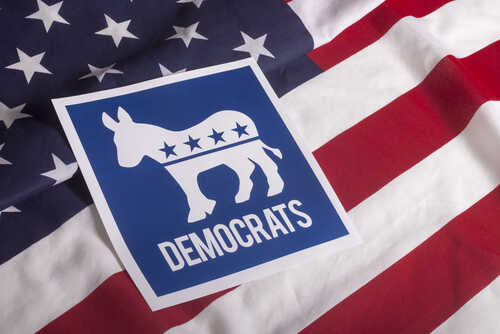A committee in the Virginia state Senate on January 17 defeated legislation that would have expanded the circumstances under which the state could charge drug dealers with felony homicide if a customer dies of an overdose, the Associated Press reported.
The bill, supported by Governor Glenn Youngkin and Republican state lawmakers, was promoted as a way to deter criminals and save lives, especially in light of the current increase in overdose deaths.
However, Senate Democrats on the committee voted against the measure, arguing that imposing stiffer penalties on drug dealers would not address the root causes of the current drug crisis. Democrats instead called for legislation focused on treatment for substance abuse.
According to the bill’s sponsor, state Senator Ryan McDougle, the bill would have essentially overruled a 2014 appellate court decision that placed limits on how far removed a drug dealer could be from a drug user’s death to qualify for felony homicide charges.
McDougle, the state Senate’s minority leader, along with those who testified in support of the legislation, told the committee that under current law, if a drug dealer sold the drugs that killed a user but left the area before the user died, he could not be charged with felony murder. However, if a person at a party shared drugs with a friend and that friend overdosed at the party and died, the person who shared the drugs could be charged with felony murder.
Committee members heard from nearly a dozen witnesses who lost a child or loved one to drug overdoses.
One witness, Jennifer Johnson, described finding the bodies of her son and his girlfriend after they overdosed on counterfeit drugs laced with fentanyl. Johnson said that after her son’s death, she found text messages on his phone from the person she believed supplied the drugs that killed him. However, no charges have been brought.
In testifying against the bill, ACLU of Virginia’s Shawn Weneta warned that the legislation would have a chilling effect on those who would call 911 to seek help for people suffering from an overdose out of fear that they might be charged.














